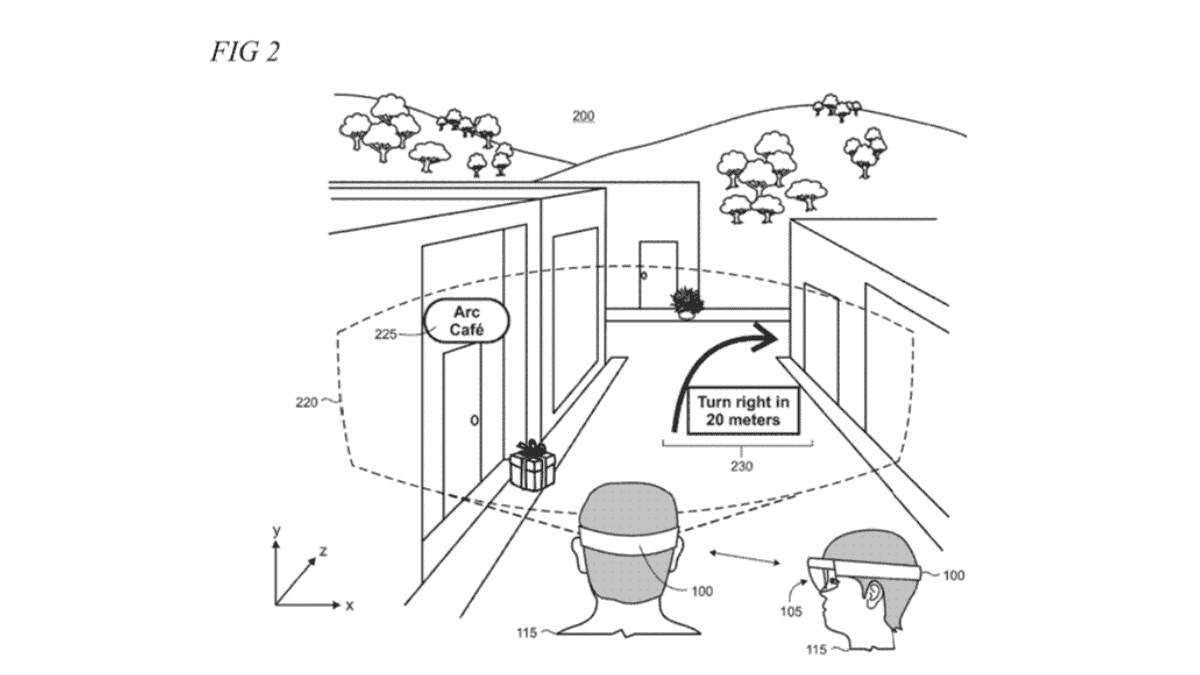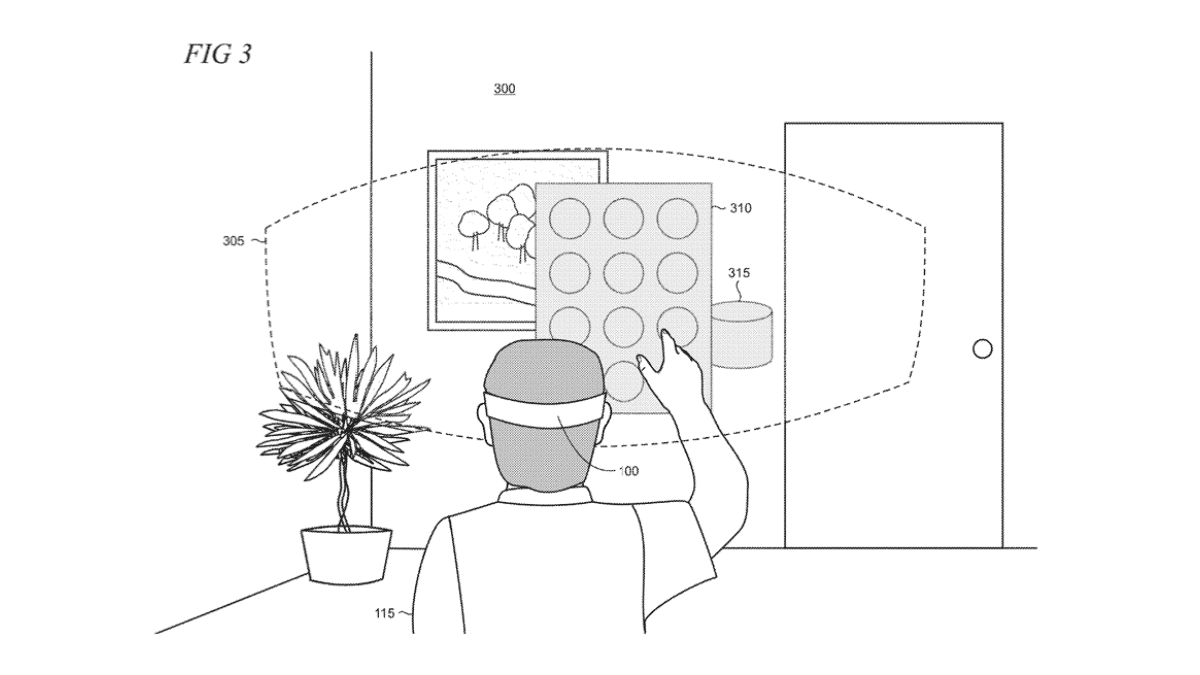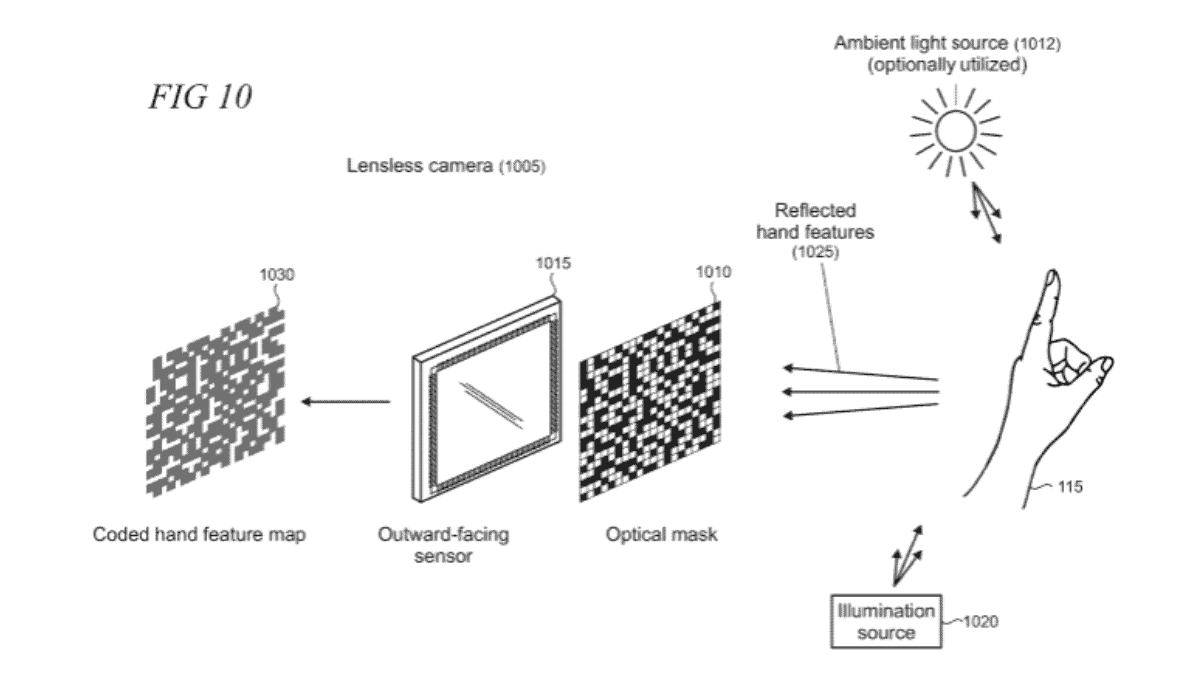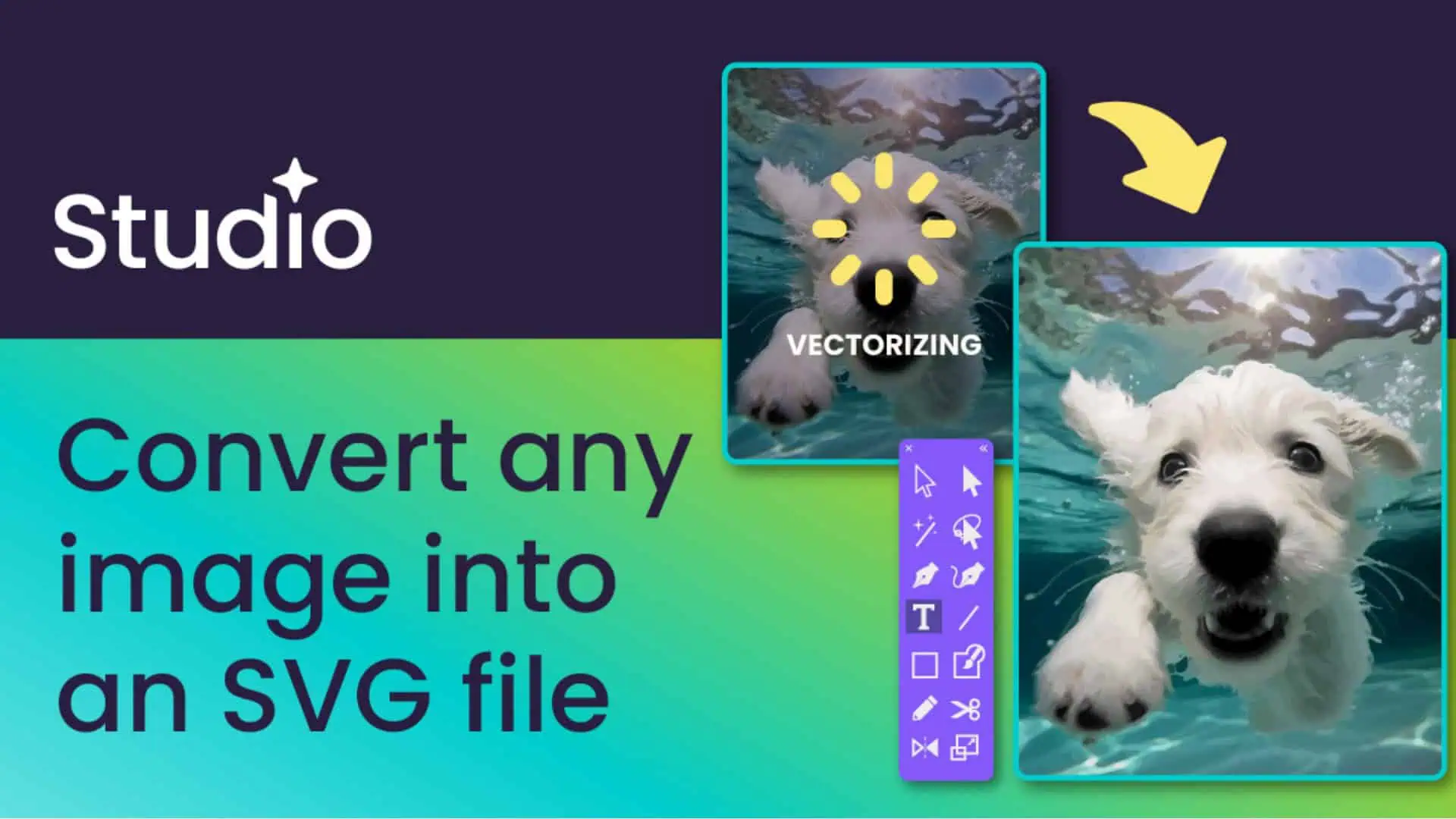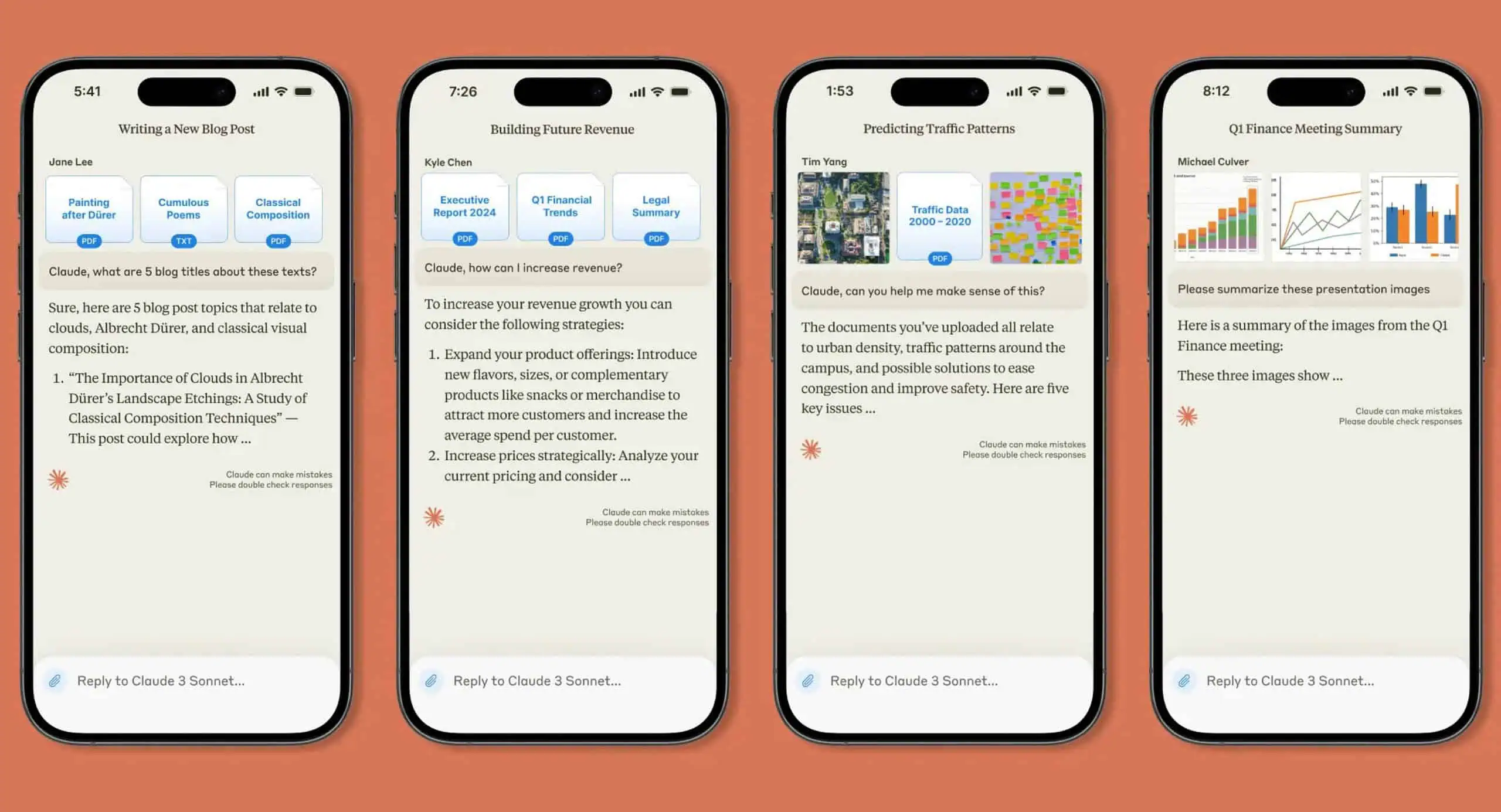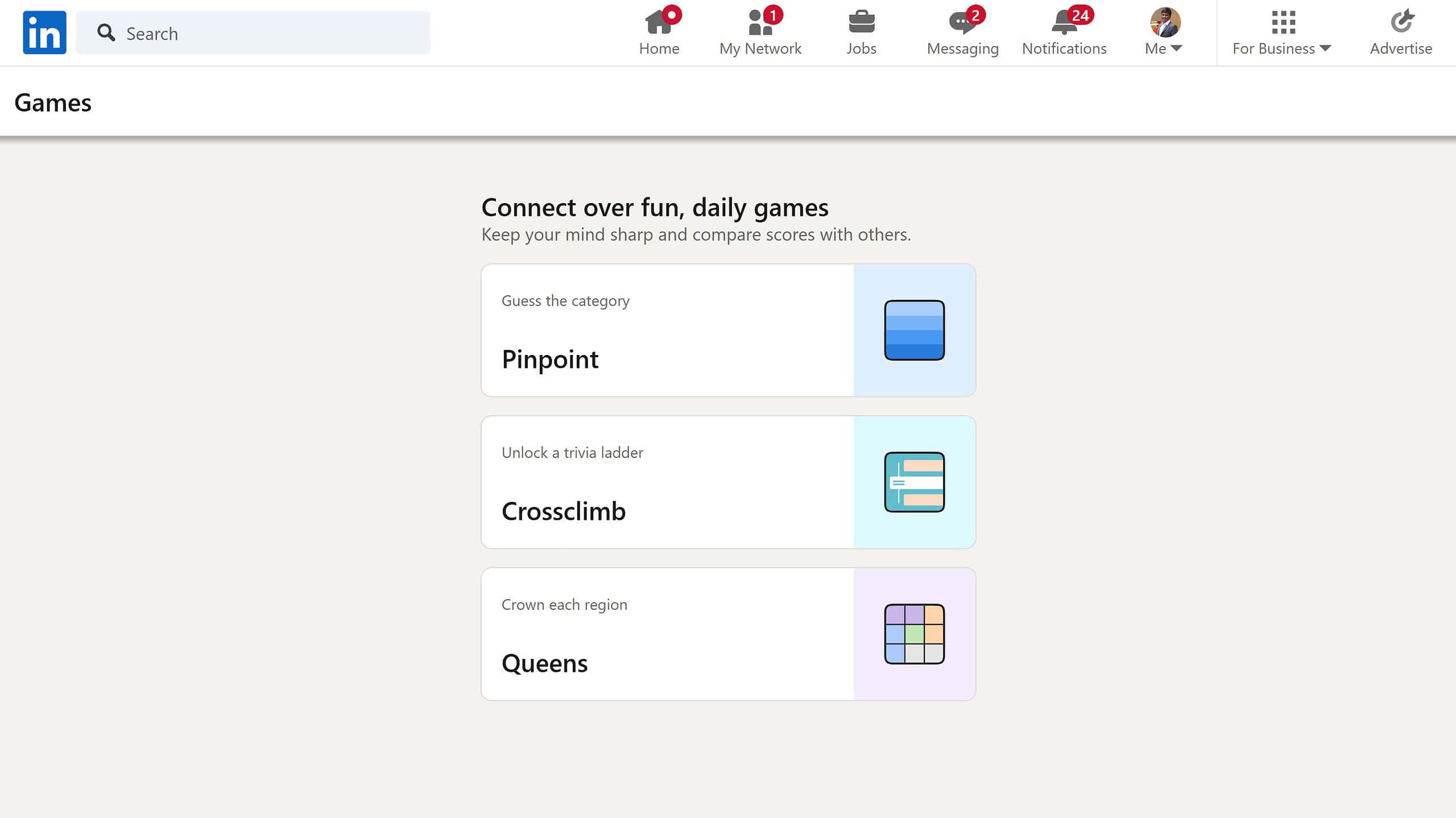Microsoft files patent for new eye tracking technology for its wearable, Hololens-like devices
2 min. read
Published on
Read our disclosure page to find out how can you help MSPoweruser sustain the editorial team Read more
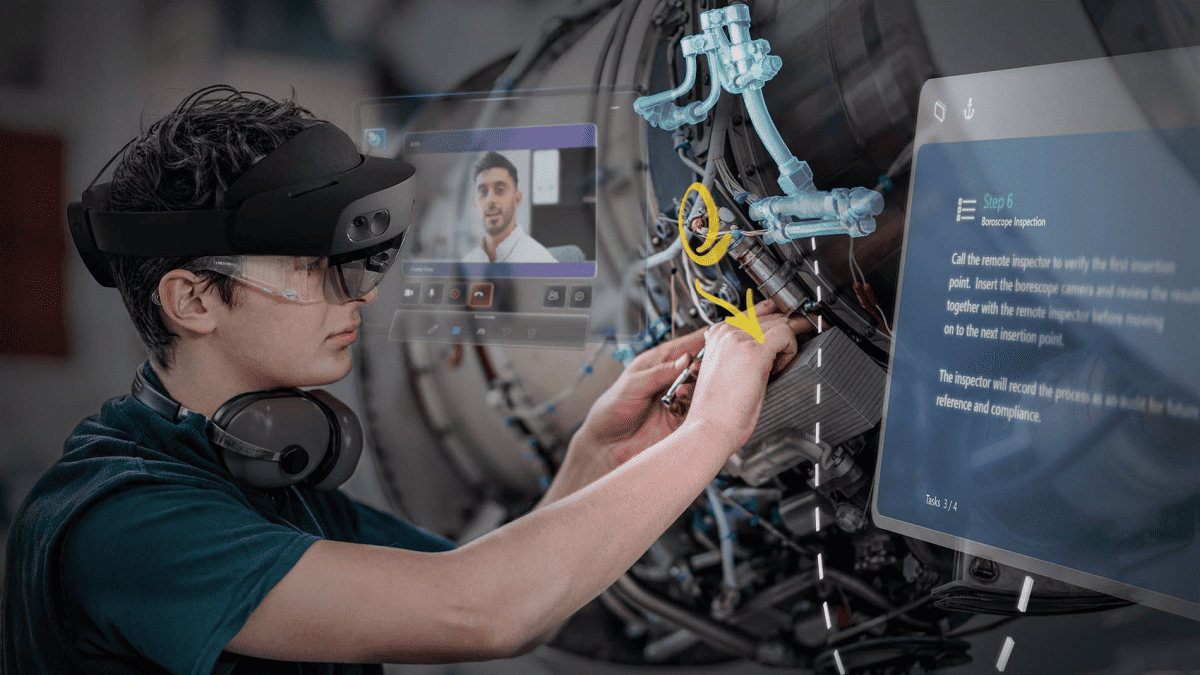
Microsoft has filed a patent for a new eye-tracking technology that could be used in its HoloLens-like augmented reality (AR) devices — not too long after reportedly working on micro-LED display tech for these types of headsets.
The patent demonstrates a mixed-reality head-mounted device (HMD) device that uses a see-through waveguide display and hand tracking to enable users to interact with virtual objects and receive supplementary audio/tactile feedback.
You can imagine a person wearing this while walking around a real city. The glasses can show information about nearby places and things as the person moves — just like the recent Google Maps AI update.
It’s like a mix of real life and virtual stuff on the glasses, and it can even make sounds and vibrations to make things feel more real. The tech also makes the devices lighter, more efficient, and bear better battery life
How does it work? Well, the system uses a lensless camera and machine learning to track the user’s eyes and hands without having to reconstruct the original images. This makes the system more efficient, accurate, and compact than conventional body tracking systems. The inner part of it is made up of an optical mask, an outward-facing sensor, and an illumination source.
Then, it first needs to capture an image of the user’s body parts using a lensless camera. The image is then encoded using an optical mask, which scrambles the image and makes it unrecognizable to the human eye.
After the camera scrambles the image, a sensor captures it and feeds it to a computer program that can identify body parts in the scrambled image without having to unscramble it first.

